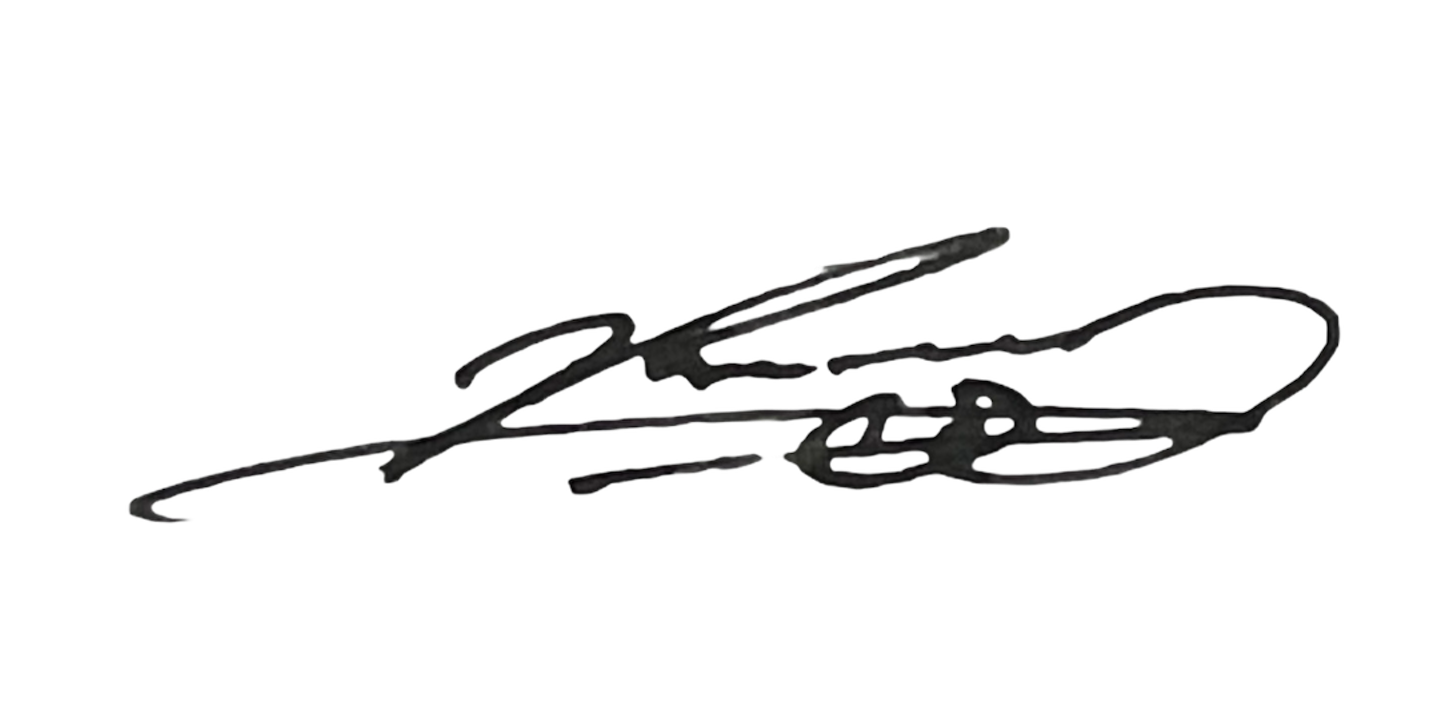
Just because you feel the impulse to speak up doesn’t mean you should. If so, how can we determine if saying it would be the wisest course of action?
I want to explain one of the most effective bits of advice we’ve ever received, which few people have grasped despite its simplicity. After finishing this article, I am confident you will understand how to put this strong theory into practice.
Everyone around us advised us as children to consider before speaking, but no one ever taught us how to do so. We were instructed to remain silent until the need to speak up, whether it be an opinion, thinking, concept, insult, promise, or falsehood, gradually subsided.
Whether it is a good idea to ponder before speaking should probably not be raised because numerous ancient texts from ancient men urge us to consider what we may wish to say carefully.
By Proverbs 17:28, “Even a fool who keeps silent is considered wise; when he closes his lips, he is deemed intelligent.”
The Buddha discussed the four varieties of impure speech. First is a liar. Defamation or slander is the second. The third is rude language. The fourth is pointless chatter or foolish speech.
The tongue is only three inches long, yet according to a well-known Japanese saying, it can kill a man six feet tall.
We can all agree that it’s a good idea to consider our words before we speak. Thus, I suggest that the question be adjusted to what I should consider before talking. It is, therefore, essential to use analysis and how our analysis of what we say is filtered.
I developed a speech filtration system last night to improve your chances of succeeding and those around you.
I was going to comment on something that I felt was a fantastic accomplishment at last night’s dinner party. The first question I asked myself as I pondered the idea was, “If I say this, how will it negatively impact every person in this room,” both in the short and long term? Also, I ask myself, how can this information help and benefit the other individual? If it is not, then keep your mouth shut.
For the professional, one might be able to evaluate the instant reaction of the message’s recipient, yet almost none have mastered foresight evaluation.
